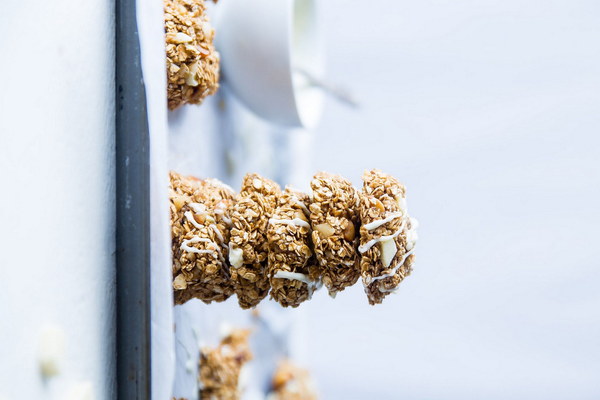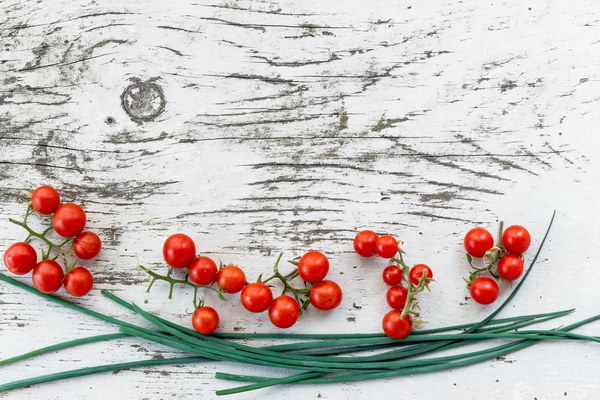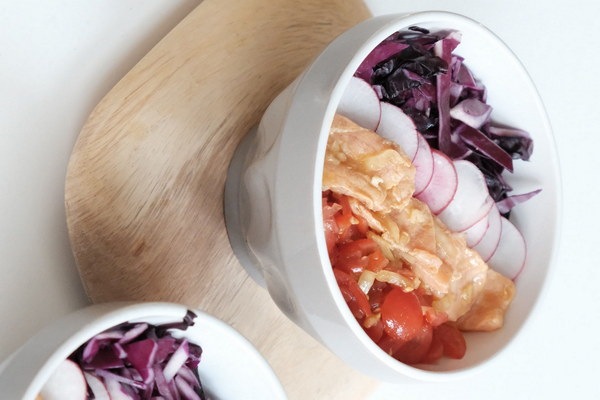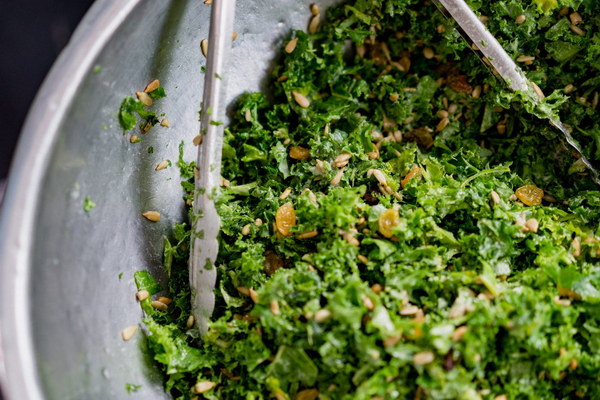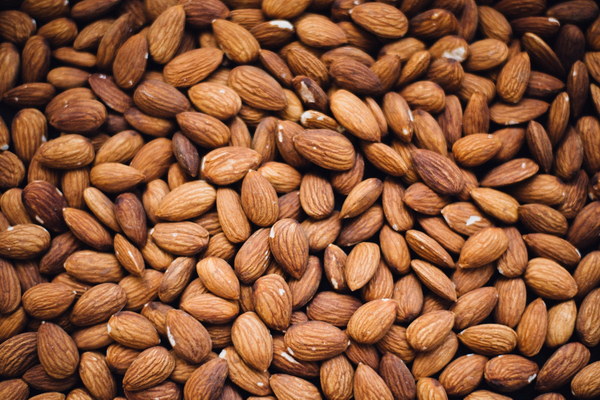Boost Your Blood and Achieve Radiant, Glowing Skin The Power of Qi and Blood Tonification
Introduction:
In the realm of traditional Chinese medicine, the concepts of Qi and blood are fundamental to understanding the body's health and vitality. Qi, often translated as vital energy, and blood are believed to be the essence of life, flowing throughout the body to nourish and protect us. When these vital elements are balanced, the body thrives, and one of the most visible signs of this harmony is radiant, glowing skin. This article delves into the power of Qi and blood tonification to enhance your complexion and achieve that sought-after glow.
The Importance of Qi and Blood in Skin Health:
Qi and blood play a crucial role in maintaining the health and vitality of the skin. According to traditional Chinese medicine, the skin is the outermost layer of the body and serves as a barrier against external pathogens and environmental stressors. It is also an extension of the internal organs, reflecting their health status. When Qi and blood are abundant and circulating properly, the skin appears smooth, supple, and radiant.
1. Qi and Blood Tonification: The Key to Radiant Skin
Qi and blood tonification is a vital practice in traditional Chinese medicine aimed at balancing and replenishing these essential life forces. By focusing on the following aspects, you can enhance your Qi and blood, leading to healthier, more radiant skin:
1.1. Diet:
A balanced diet rich in essential nutrients is crucial for Qi and blood tonification. Include foods that are known to support these vital elements, such as:
- Red meats: Beef, lamb, and pork are high in iron, which is essential for blood production.
- Dark leafy greens: Spinach, kale, and Swiss chard are rich in iron and vitamin C, which helps with iron absorption.
- Beans and lentils: These are excellent sources of plant-based iron and protein.
- Nuts and seeds: Almonds, walnuts, and flaxseeds are high in omega-3 fatty acids and essential fatty acids, which are beneficial for skin health.
- Fruits: Berries, oranges, and kiwis are high in vitamin C, which aids in iron absorption.
1.2. Herbs and Supplements:
Herbal remedies and supplements can help tonify Qi and blood. Some popular options include:
- Astragalus: A traditional Chinese herb known for its immune-boosting and Qi-tonifying properties.
- Codonopsis: Another Qi-tonifying herb often used in combination with other ingredients.
- Chinese Angelica Root (Dang Gui): Known for its blood-tonifying properties and ability to improve circulation.
- Ginkgo Biloba: A supplement that may enhance blood flow and improve skin health.
1.3. Acupuncture:
Acupuncture is a traditional Chinese practice that involves inserting fine needles into specific points on the body to balance Qi and blood. This treatment can help improve skin health by promoting circulation and reducing inflammation.
1.4. Exercise:
Regular exercise is essential for maintaining a healthy Qi and blood flow. Activities such as walking, yoga, and tai chi can help boost your energy levels and improve your overall health, leading to better skin.
1.5. Stress Management:

Stress can negatively impact both Qi and blood, leading to skin issues. Engaging in stress-reducing activities such as meditation, deep breathing exercises, and spending time in nature can help maintain a healthy balance.
Conclusion:
Achieving radiant, glowing skin is not just about topical treatments; it's about nurturing your body from the inside out. By focusing on Qi and blood tonification through diet, herbs, supplements, acupuncture, exercise, and stress management, you can enhance your skin's health and achieve that enviable glow. Remember, the key to beautiful skin is balance, and traditional Chinese medicine offers a holistic approach to achieving this harmony.

